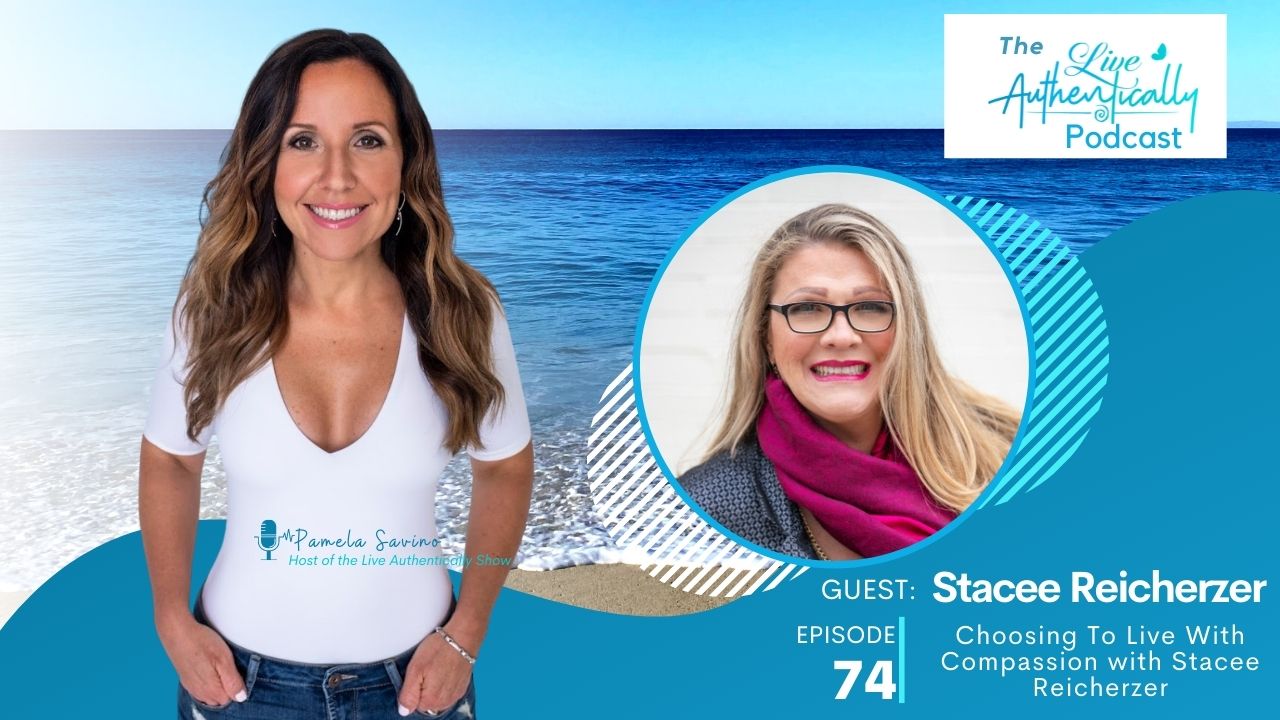We’re thrilled to welcome Dr. Stacee Reicherzer to our show this week. Dr. Stacee is a licensed professional counselor whose career centers on trauma-focused care, particularly for people whose identities fall within traditionally marginalized groups. She’s a member of the clinical faculty for Southern New Hampshire University and serves on the editorial board for the Journal of EMDR Research and Practice.
Otherness and its Impact
Here in the United States, the most powerful social groups tend to be white, male, cisgender and heteronormative. These are the groups that can deem the people whose identities don’t match theirs as Other.
When someone is Othered, they’re forced out of the mainstream and into the margins of society. They lose access to economic and educational opportunities. They face discrimination and prejudice.
We can see the results of Othering today in:
- The disproportionately high maternal mortality rates among Black women.
- People of color facing harsher penalties from the justice system than white people convicted of the same crimes.
- Political bills attempting to prevent young transgender people from accessing everything from healthcare to sports to bathrooms.
- The absence of women in STEM careers and politics.
Othering is undeniably harmful, and one of the most insidious parts of it is that it’s used as a tool to blame those who have been Othered for the adverse outcomes they often face, perpetuating further harm. It’s a vicious cycle.
Exercising Compassion
Compassion is a critical part of the healing process, a point that Dr. Stacee illustrates by discussing her own experience as a transgender woman in a society that often responds to anyone deemed Other with hostility, if not outright violence.
People who experience discrimination, harassment, bullying and other types of trauma, related to their identity tend to internalize the messages those types of violence sent. Among the most prominent is the idea that, unless they conform, they will always be less than the social group excluding them.
By choosing to view themselves with love, kindness and compassion, someone who has experienced violence at the hands of society can unlearn the idea that they somehow aren’t enough as they are and begin to heal. The process won’t be easy or even linear, but it will be worth it.
To learn more about Dr. Stacee’s work, visit her website, where you can access more great interviews, her blog and information about her recently published book on healing Otherness. If you’d like to connect with Dr. Stacee through social media, you can find her on both Facebook and LinkedIn.
